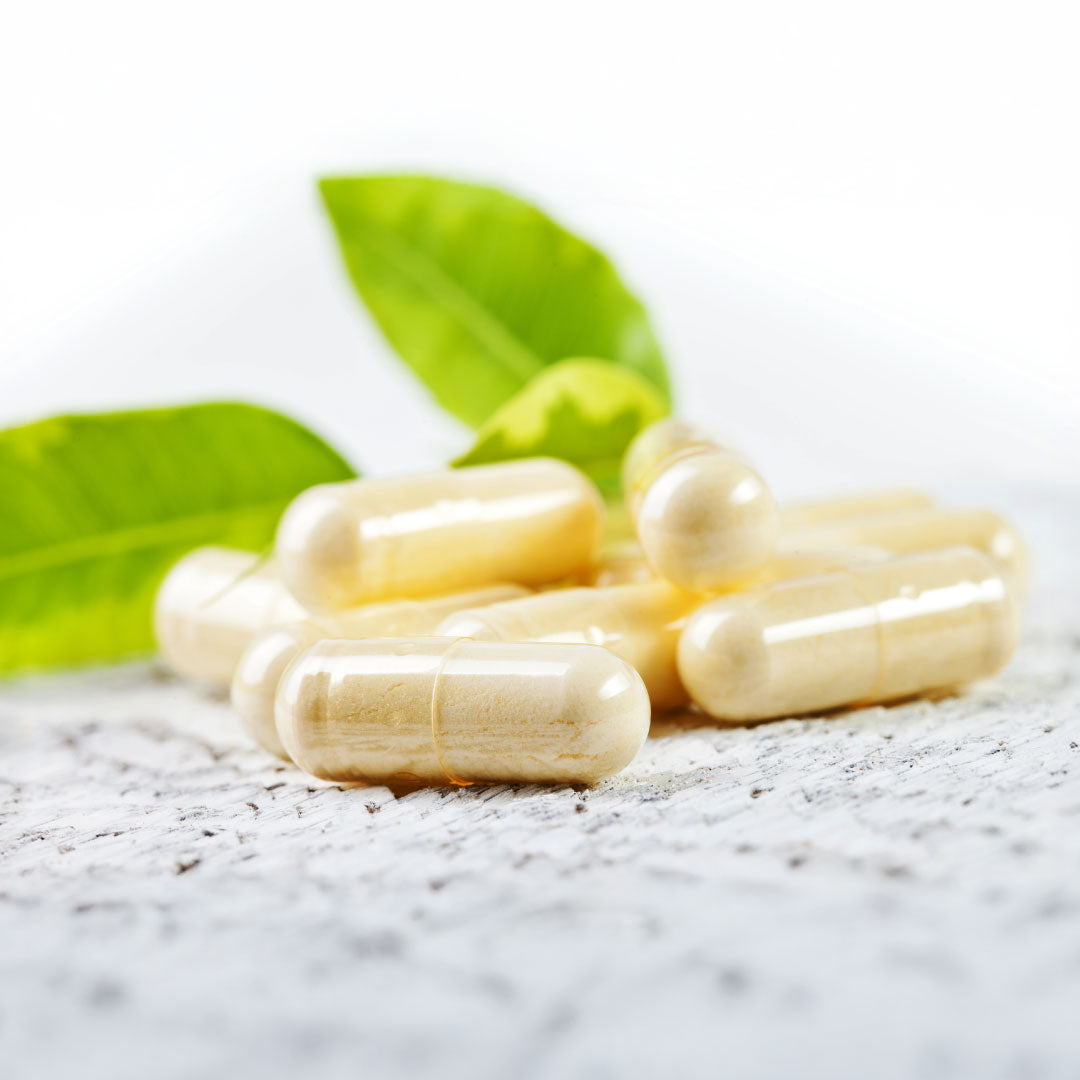If you’re a mum juggling a job, dinner, school runs and trying to decode what glyphosate is, you’re not alone. I’ve been there. For years, I ate like most people do: conventionally grown food, whatever was available, affordable and convenient. But six months ago, everything changed.
After watching a video by Dr Eric Berg on pesticides, something clicked. The science made sense. It also triggered childhood memories. My dad was an agronomist, and I still remember the sharp, chemical smell of pesticides from the bags he brought home. I can still sense that same faint scent in pre-packed spinach today.
So the question is: Is organic really worth the price? Or is it just fancy lettuce with a gold dust price tag?
Let’s dig in.
What Does Organic Actually Mean?
Organic food is grown without synthetic pesticides, herbicides or genetically modified organisms. It’s food the way our grandmothers would recognise it, nurtured with soil, sunlight and patience, not chemicals.
And that’s partly why it costs more. It’s not mass-produced. It’s not rushed. But it is better for you.
Why Going Organic Matters
1. Hormonal Health
Pesticides disrupt hormones. And if you’re a woman, especially over 40 (I’m 47), you know your hormones are already putting on their own dramatic performance. You don’t need chemicals adding to the chaos.
2. Protecting Children
Children’s bodies are still developing. Their little livers and kidneys are learning how to detox. Pesticide-laden fruit shouldn’t be one of their daily challenges.
3. Long-Term Impact
Pesticides have been linked to issues like infertility, cancer, brain fog and more. Let’s be honest, most of us are already tired, foggy, and can’t remember where we left our keys. The last thing we need is extra toxins weighing us down.
But Yes, Organic Is Expensive
You’re not imagining it, £3 for 80g of strawberries does feel outrageous. But that doesn’t mean you need to overhaul your entire food shop overnight. There’s a smarter way.
Eat Organic Without Breaking the Bank
Prioritise the “Dirty Dozen”
These are the fruits and vegetables most heavily sprayed with pesticides. Buying these organic makes the biggest impact:
1. Strawberries
2. Spinach
3. Kale, collard, and mustard greens
4. Grapes
5. Peaches
6. Pears
7. Nectarines
8. Apples
9. Bell and hot peppers
10. Cherries
11. Blueberries
12. Green beans
Know the “Clean 15”
These are safer to buy non-organic, thanks to their thicker skins or lower pesticide retention:
1. Avocados
2. Sweet corn
3. Pineapple
4. Onions
5. Papaya
6. Sweet peas (frozen)
7. Asparagus
8. Honeydew melon
9. Kiwi
10. Cabbage
11. Watermelon
12. Mushrooms
13. Mangoes
14. Sweet potatoes
15. Carrots
And yes, sweetcorn makes the list too, but it's high in carbs, so best to keep it occasional if you're watching your sugar.
Try Farmer’s Markets
Local markets often offer fresher, cheaper organic produce than supermarkets. Plus, you're supporting small businesses and reducing packaging waste.
Don’t Dismiss Frozen Veg
Frozen organic vegetables are just as nutritious and often more affordable. Keep a stash on hand for quick, healthy meals.
One Better Choice at a Time
Switching to organic is one of the most loving things you can do for your body and your family. No guilt if you can’t go 100% organic. Just make one better choice at a time. That’s where the magic begins.
Most of us have eaten non-organic for years, I have, and so has my child. But how can we ever know our true energy levels, our real stamina, if we never try giving our bodies cleaner fuel?
A Final Note on Gut Health
If you’re looking to support your gut and metabolism, don’t forget our apple cider vinegar capsules. Taken before meals, they help with weight loss and reduce insulin spikes by up to 30%.
Let’s try this together, one organic swap at a time.
-- Written by Hala, founder of Dietapplements















